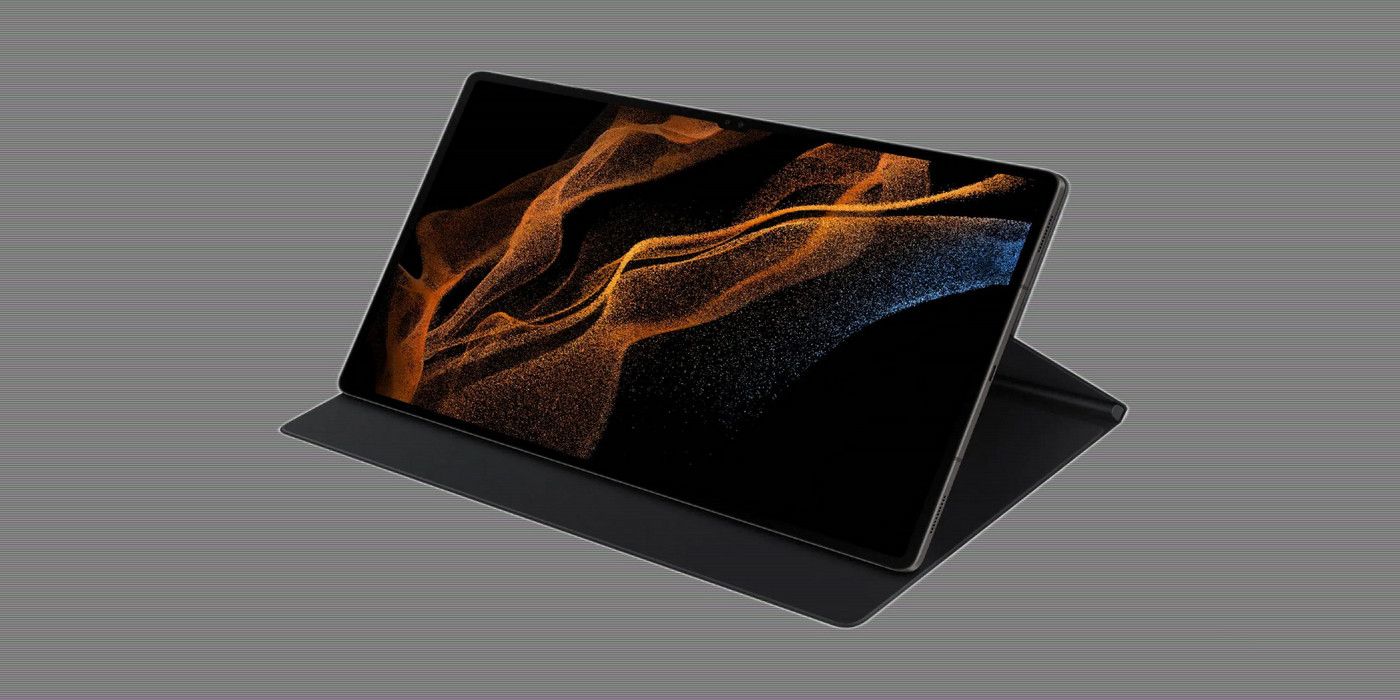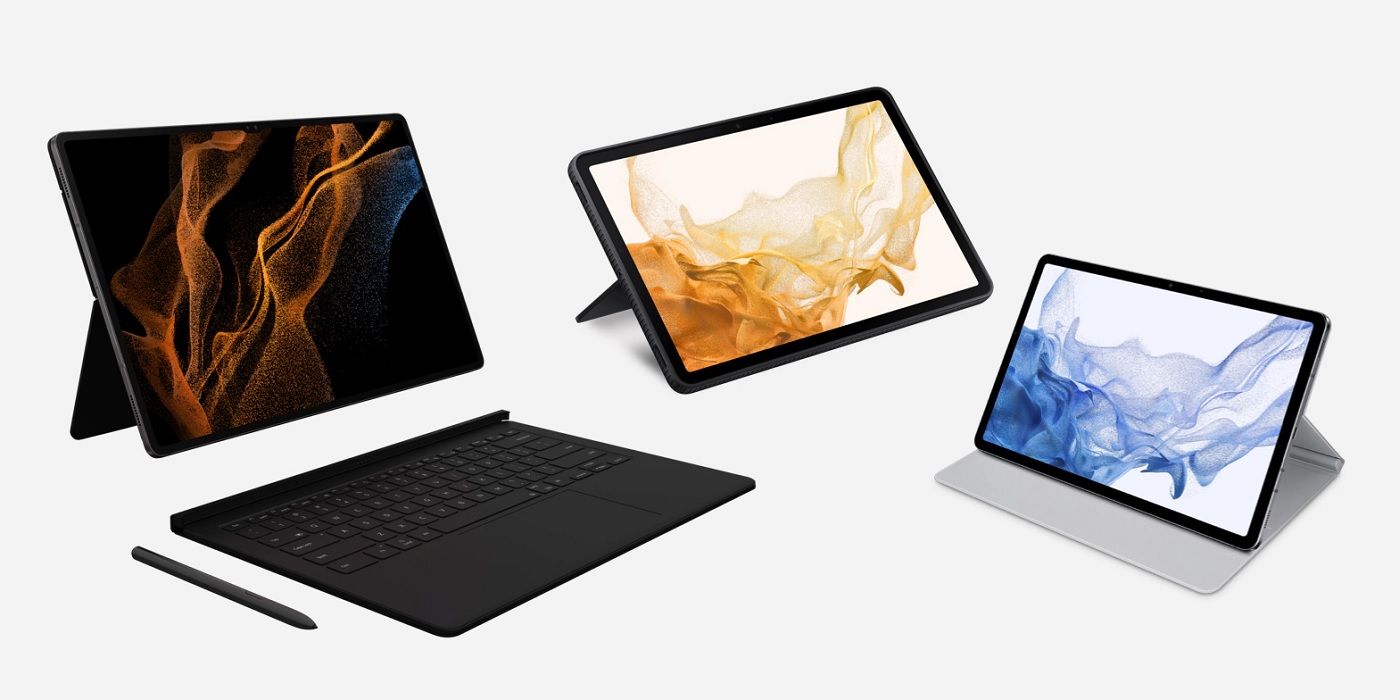
Popular benchmarking tool Geekbench has banned Samsung's new Galaxy Tab S8 series from its database following allegations of manipulation. The news comes a week after the Galaxy S22-series was permanently delisted from the benchmarking index over the same controversy. Benchmark manipulation is an old trick that other companies have also been accused of in the past, but Samsung's latest smartphones and tablets have been caught red-handed and Geekbench has been quick to take a stance on the issue.
Geekbench is a cross-platform CPU benchmarking tool for computers, smartphones, tablets and other gadgets. It was initially only available for Windows and Mac before being expanded to include Android, iOS and iPadOS. It is also available for Linux computers. It is one of the most popular smartphone benchmarking tools, and being banned is terrible news for Samsung's latest devices.
Geekbench on Monday announced it is permanently delisting the Samsung Galaxy Tab S8, the Tab S8 Plus and the Tab S8 Ultra from its benchmark rankings. The decision followed an Android Police report claiming the new Galaxy Tab S8 devices throttled Geekbench performance when it was disguised as the popular game Genshin Impact. However, when the Geekbench app was run, as usual, it wasn't throttled and could notch up much higher scores both in the single-core and multi-core tests.

According to the report, the Tab S8 Ultra could notch up only 925 points in the single-core test and 2709 in the multi-core test when the Geekbench app was run as a Genshin Impact package. However, when the app was run without any modification to the package, both scores were significantly higher, at 1127 and 2889 points, respectively. Similar results were noticed with the Tab S8 Plus, which notched up 920 and 3000 points in Geekbench when run as Genchin Impact. Running the app without any changes allowed it to score more impressive 1221 and 3372 points in the single-core and multi-core tests, respectively.
Interestingly, the scores for older Galaxy tablets, including the Tab S7, the Tab S7 FE, and the Tab S5e, were not impacted by how the benchmarking app was run. This suggests that the throttling was restricted to the latest tablets and did not affect the older devices. The report further claims that not all apps and games are affected by the issue. The extent to which the affected apps are throttled reportedly varies wildly from one app to another.
Samsung has already admitted the issue in the Galaxy S22-series but said that it is an intentional feature as part of its Game Optimizing Service (GOS). According to Samsung, GOS measures things like temperature and battery level and adjusts system performance accordingly to prevent overheating. The company also claimed that the issue does not affect any non-gaming app. However, following a massive backlash from users and a threat of a class-action lawsuit, Samsung started rolling out an update to remove the performance throttling and give more control to users. So it remains to be seen if the company will do something similar with its Galaxy S8-series tablets in the coming days.
Source: Geekbench/Twitter, Android Police
Comments
Post a Comment